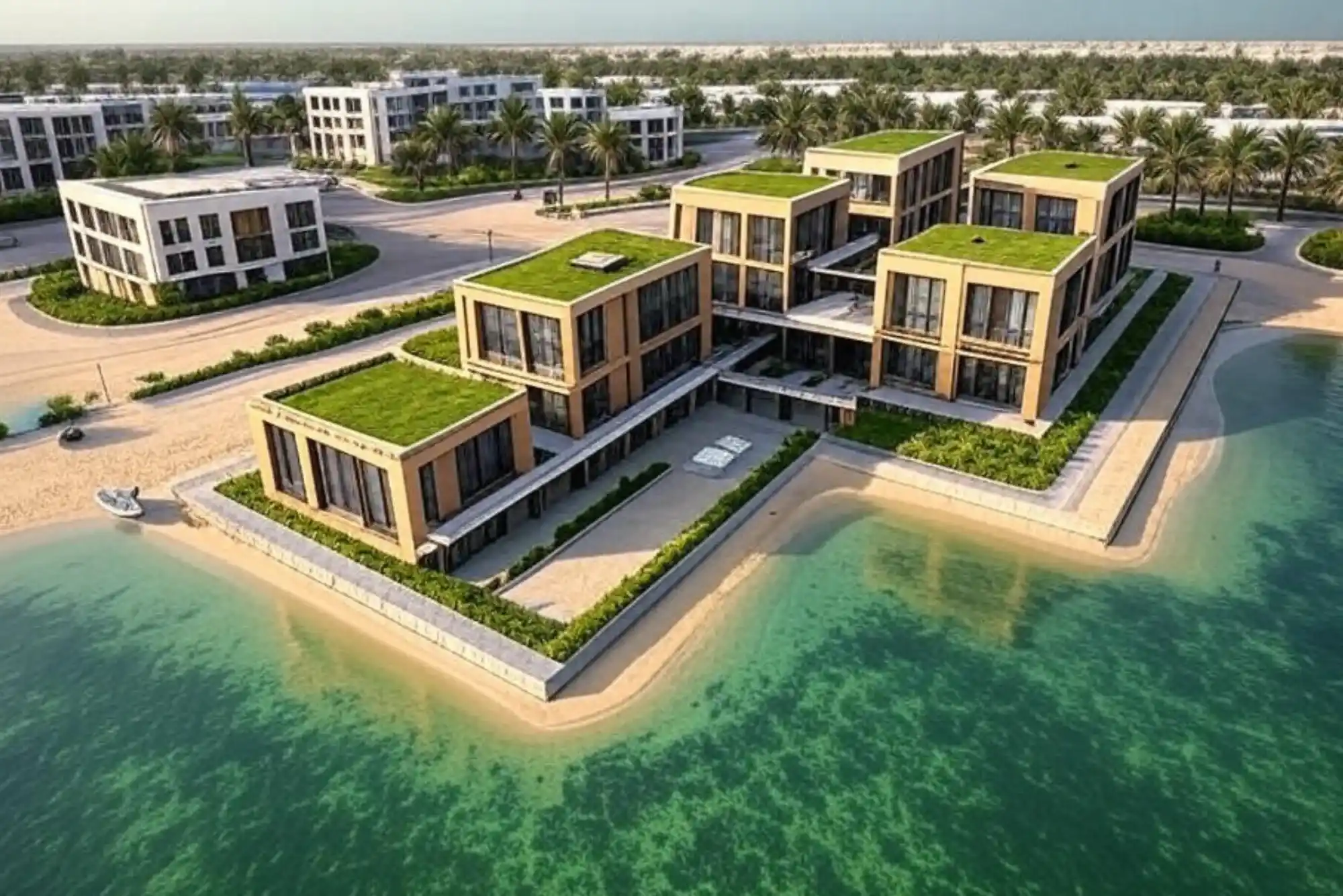Owning a home is often the cornerstone of personal wealth, yet when that home’s owner passes away, the title can become entangled in a legal web known as probate. As someone who’s navigated the Dubai property market both as an investor and a financial advisor, I’ve seen firsthand how probate can transform an otherwise straightforward sale into a months‑long journey. In this article, we’ll explore exactly what a house in probate is, why properties end up there, and offer practical insights—right down to how an Emirates NBD mortgage might facilitate your purchase or how watching the Al Fuad exchange rate can save you on foreign transfers.
Understanding Probate and Its Impact on Real Estate
Probate is the legal process by which a deceased person’s estate is validated and administered. In many jurisdictions, this means the court supervises the collection of the deceased’s assets, settlement of debts, and distribution to heirs or beneficiaries. When real estate is involved—particularly a house—the property often remains “frozen” until the court grants authority to transfer or sell the title.
From my time advising families in Sharjah and beyond, I learned that probate delays occur because courts must verify wills, identify beneficiaries, and ensure outstanding taxes or debts are paid. During this period, the house in probate can’t change hands through conventional sale agreements, which can frustrate both sellers (or their heirs) and eager buyers.
Why Houses Go into Probate
A home typically ends up in probate for one of two reasons: the owner died with a will that requires court confirmation, or the owner died intestate (without a valid will). Even when a will clearly names heirs, courts still need to corroborate its authenticity. I recall working with a family whose patriarch left behind a beautifully drafted will; despite its clarity, the Dubai Courts required several hearings to certify the document, extending the probate from three months to nearly six.
Intestate succession—dying without a will—can introduce even more complexity. Local inheritance laws dictate how assets are split, and disagreements among relatives may trigger formal probate hearings. In these scenarios, properties can linger in legal limbo until all parties consent to a distribution plan.
Buying a House in Probate: Opportunities and Risks
For buyers, probate properties often come below market value, reflecting both the urgency of heirs to liquidate assets and the legal hurdles involved. I once discovered a villa in Jumeirah listed nearly 15% under similar homes simply because the family wanted to complete their father’s affairs swiftly. Yet this opportunity came with caveats: the buyer had to secure pre‑approval, present a convincing case to the estate’s executor, and be prepared for court‑ordered timelines.
The most significant risk arises if additional claimants surface—perhaps an estranged relative or a creditor—seeking to contest the sale. If such disputes emerge after closing, the buyer could face title uncertainty or even litigation. Conducting thorough due diligence, including title searches and reviewing probate court filings, is essential to avoid unpleasant surprises.
Financing a Probate Property: Practical Insights
Securing financing for a probate property follows many of the same steps as buying any home, but lenders may require extra documentation showing court approval of the sale. In the UAE, for instance, Emirates NBD mortgage products are popular for expatriates and locals alike, offering competitive rates and flexible tenure options. When I guided a friend through purchasing her late aunt’s townhouse, we opted for an Emirates NBD mortgage because the bank provided expedited processing for probate purchases, provided the estate executor furnished the relevant court orders.
It’s worth noting that mortgage approvals hinge on the borrower’s credit profile, income proof, and sometimes additional collateral. If you’re transferring funds internationally—perhaps selling your current home overseas to buy a probate property in Dubai—keeping an eye on the Al Fuad exchange rate can translate to significant savings. Al Fuad Exchange, known for its favorable conversion margins, often beats standard bank rates by a noticeable spread. By timing your currency conversion when rates are in your favor, you could shave thousands off your total purchase cost.
Real‑World Example: Navigating Probate from Start to Finish
Let me share a personal case study. A client inherited a beachfront condo in Ras Al Khaimah but lived abroad. The local friends she entrusted with estate duties initiated probate, which took around four months. Meanwhile, she decided to sell. To maximize her net proceeds, I advised her to:
- Monitor the Al Fuad exchange rate. By converting the sale proceeds back to euros at a favorable rate, she gained an extra 3% on her return.
- Pre‑qualify for an Emirates NBD mortgage as a buy‑to‑let investor. This allowed her to compare rates and finalize financing before the probate court issued the sale order.
- Engage a dedicated real estate attorney. They liaised directly with the court to secure the necessary letters of administration.
Despite initial concerns, the condo sold within two weeks of court approval—underscoring that, though probate can be slow, proper preparation and timely currency management turn potential headaches into strategic wins.
Tips for Prospective Buyers and Heirs
While each estate’s circumstances differ, several best practices emerged from my experience:
- Start early. Executors should file probate petitions promptly after the owner’s passing to minimize court delays.
- Keep detailed records. Maintaining clear documentation of debts, taxes, and asset valuations helps streamline court reviews.
- Consult specialists. Estate attorneys, certified appraisers, and mortgage advisors can all play pivotal roles in navigating probate hurdles.
By combining these steps with a watchful eye on the Al Fuad exchange rate when moving funds and exploring Emirates NBD mortgage options, both buyers and heirs can reduce costs and time spent in probate proceedings.
Conclusion
A house in probate represents a unique intersection of legal procedure and real estate opportunity. While the frozen title and court oversight might seem daunting, savvy buyers and heirs can leverage structured planning—early filings, precise due diligence, and intelligent financing—to turn probate properties into rewarding investments. Remember, monitoring currency flows through services like Al Fuad Exchange and choosing robust financing solutions like an Emirates NBD mortgage will further optimize your outcome. With patience and informed guidance, probate need not be a barrier but rather a gateway to acquiring valuable real estate under advantageous terms.








